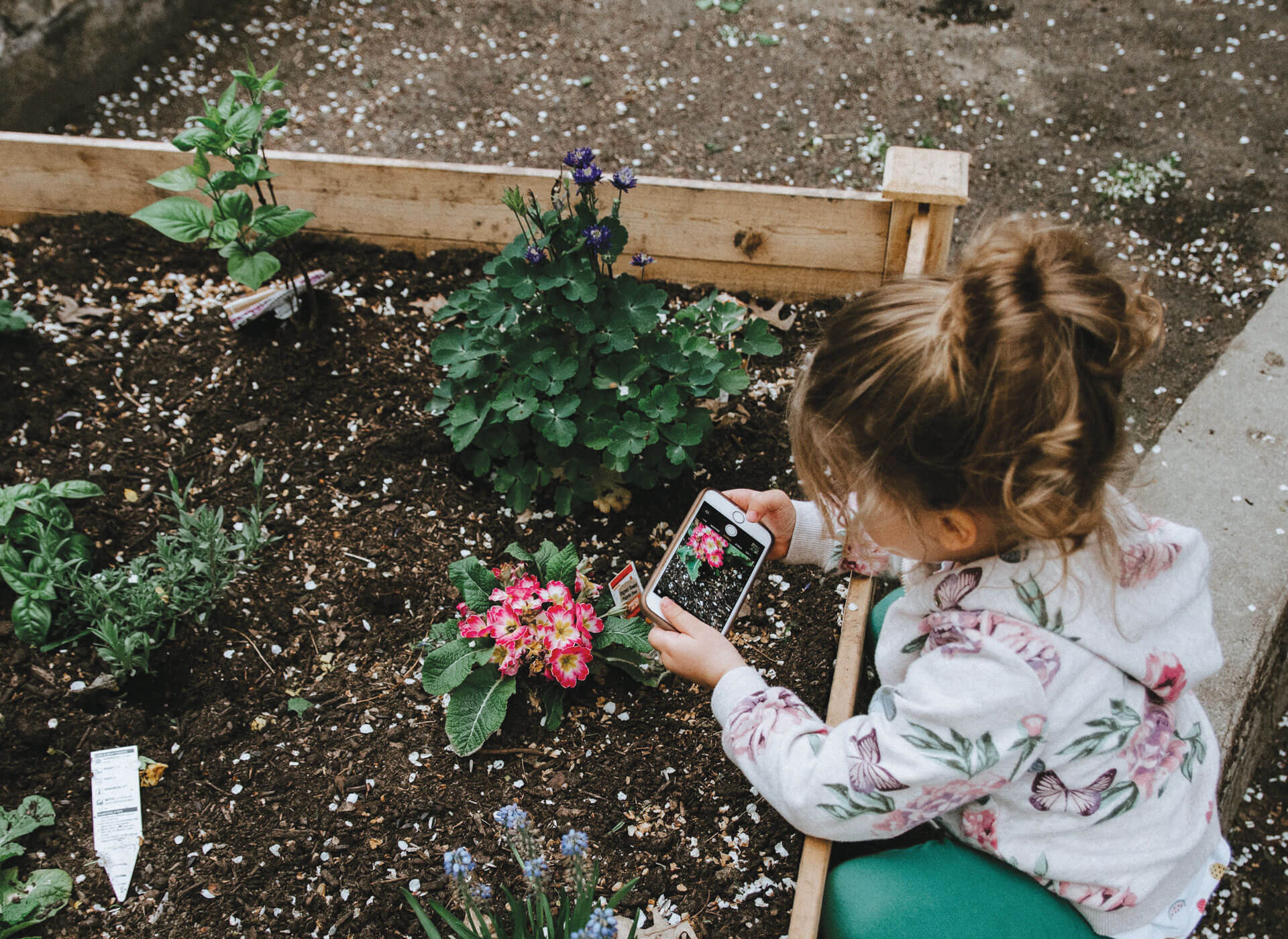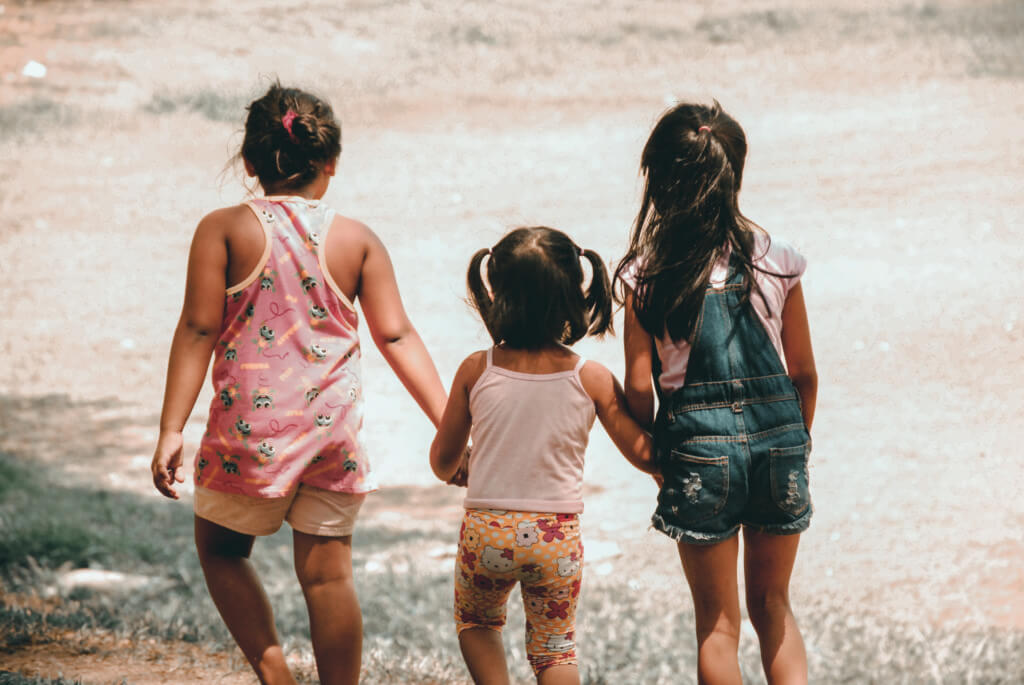
How embracing simple, mindful frugality can enlighten your parenting journey.
What is the holistic Chinese philosophy of Tao?
“Simple things are always the hardest”, that is one of the foundational truths of the beautiful, holistic Chinese philosophy of Tao (pronounced: “Dow”), which praises living with goodness, serenity and respect. It does ring true. As we are born, we all have to take the first baby-steps to learn simple yet difficult things: smiling, eating solids, walking and talking. Later in life, we start to take these teachings for granted. This is a process, which can be called ‘un-learning’. We lose the flexibility of our bodies after years of unhealthy body position, we forget about intuitive eating and natural breathing as we become busy with hustling. As Jessika Hepburn, an American writer, insightfully observes, “Modern hustle implies the world is a place of scarcity and struggle, so you have to work harder and fiercer than anyone else to get anything you want.”
As humans, we yearn for simplicity, but cannot seem to hold onto it for long. We ache for presence, but we get distracted by too many life pursuits: working, blogging, emailing, running, shopping; and wanting, always wanting more. Yet this drive to conquer, attain and possess comes at a great cost to our souls, and to the world that we live in. We feel depleted and anxious, using many more resources than necessary to support our action-fuelled lives.
How to practice Tao as a parent
And then, in the midst of life hustling, we become parents. For most people, having kids is a huge spiritual awakening. Babies really don’t need much from our consumerist world – just their parents’ love, touch, the music of their voice, and the warmth of their skin. They force us to put down our parenting guides, our expensive baby gear, and invite us to just be. This can be a journey of mindful austerity, but without the scarcity mindset. Being present and conscious – let’s call it beingness – is the greatest gift we can offer to our kids. And the returns are beyond amazing. “Many of us subscribe to the belief that spiritual growth happens as a result of daily meditation, mindfulness retreats, and inspiration from wise luminaries. But one of the greatest teachers you could ever hope to learn from is living right under your roof, even if (especially if) he or she pushes your buttons or challenges your limitations”, Susan Stiffelman writes in her enlightening book Parenting with Presence.
Teaching your kids to live with Tao
Being a mindful parent is very closely related to practising eco-responsibility. “The climate crisis is a parenting problem”, writes Mary DeMocker in her brilliant book The Parents’ Guide to Climate Revolution: 100 Ways to Build a Fossil-Free Future, Raise Empowered Kids, and Still Get a Good Night’s Sleep. She recommends equipping our children with the most comprehensive knowledge, a brave attitude and an activist mind. “Living green is good, but only through community activism we can save our climate. Teach your kids and yourself the joys of reusing, reloving, upcycling and recycling, but also make them actively fight for our planet”, she insists.
The ‘beingness’ journalling practice
Challenge yourself to write down what kind of life would be enough for you. Which areas of life, which items (or people) could you give up instantly?
If you are constantly striving for more money, ask yourself what salary you would be comfortable with. What are the bare necessities of life that you need to hold onto? At what level of savings would you feel comfortable taking time off work?
Make a list of the clothing that you and your family members own. What if suddenly you only had a few hours to pack yourself into one suitcase and move? Assess the list again – what are the things you really need?
Take an inventory of other parts of your life where you’re striving for more. Why do you need these things or accomplishments? Write it down and return to the list when you are feeling that endless pull for more.
Reading inspirations
- 12 Small Acts to Save Our World. Simple, Everyday Ways You Can Make a Difference by World Wildlife Fund
- Toxic World, Toxic People: The Essential Guide to Health, Happiness, Parenting and Conscious Living by Anna Victoria Rodgers
- Parenting with Presence: Practices for Raising Conscious, Confident, Caring Kids by Susan Stiffelman
- The Conscious Parent: Transforming Ourselves, Empowering our Children by Dr Shefali Tsabary

How to live greener and more consciously
The best earth-friendly practices require the cooperation of everyone in the family. So, how do you mindfully embrace the 3Rs (reduce, reuse, and recycle) and the other basics of environmental responsibility?
Clean and clear your world
In her book (based on a popular online course) A Year to Clear: 365 Lessons to Create Spaciousness in Your Home and Heart, Stephanie Bennett Vogt offers many practical tips to clear your personal space, as well as your mind. She concludes: “clearing in any form lightens, but clearing with awareness – enlightens”. If you cannot force yourself to embark on this minimalistic journey alone, enrol in a workshop, or find inspirational blogs on downsizing, decluttering and living small.
Become friends with the Earth
Introduce your kids to nature as if it was their friend. Let them say ‘hi’ to all the natural wonders, make them invent names for the beetles in the garden, or your houseplants, teach them how to draw dogs and dinosaurs, and help them to plant something into the soil and watch it grow. Spend as much time as possible outdoors as a family.
Show them that YOU care
“Children learn from what you do, not what you tell them”, says Philippe Cousteau, grandson of Jacques Cousteau and co-founder of EarthEcho International. He recommends making eco-habits
fun and light such as calculating your carbon footprint with a fun phone app (perfect activity for teenagers). Cousteau also recommends finding ways to engage with the local eco-community that matches your children’s interests.
Empower your kids with a set of life skills
In her book, Mary DeMocker offers a valuable list of age-appropriate practices that help our kids grow into mature, conscious adults.
What can they do?
5 year-old and under: hold bugs, express gratitude for food and toys, make thank-you notes, clean toys after play.
6-9 year-olds: grow plants, safely ride a bicycle, make simple homemade meals, divide waste into recycling (and composting) bins, make DIY gifts, donate toys.
10-14 year-olds: Plan and prep healthy meals, use basic tools, handle creepy-crawlies comfortably, get daily exercise outdoors, understand the value of money, organise a garage sale.
15-17 year-olds: Change the tyre, change a baby’s nappy, clean the refrigerator, buy and bargain for used items, do DIY upcycling projects, write CV, get an after-school job, memorise songs/ poems from other cultures.
Question everything
In parenting, follow your instinct, not the current fads. When shopping, read labels, not marketing slogans. Get to the source information, not the media blurbs. Teach your kids inquisitiveness when consuming news or social media feeds. Care what you feed your belly and your mind – inspire your family with good books, podcasts, and music, just as you make sure to serve them nourishing meals.























